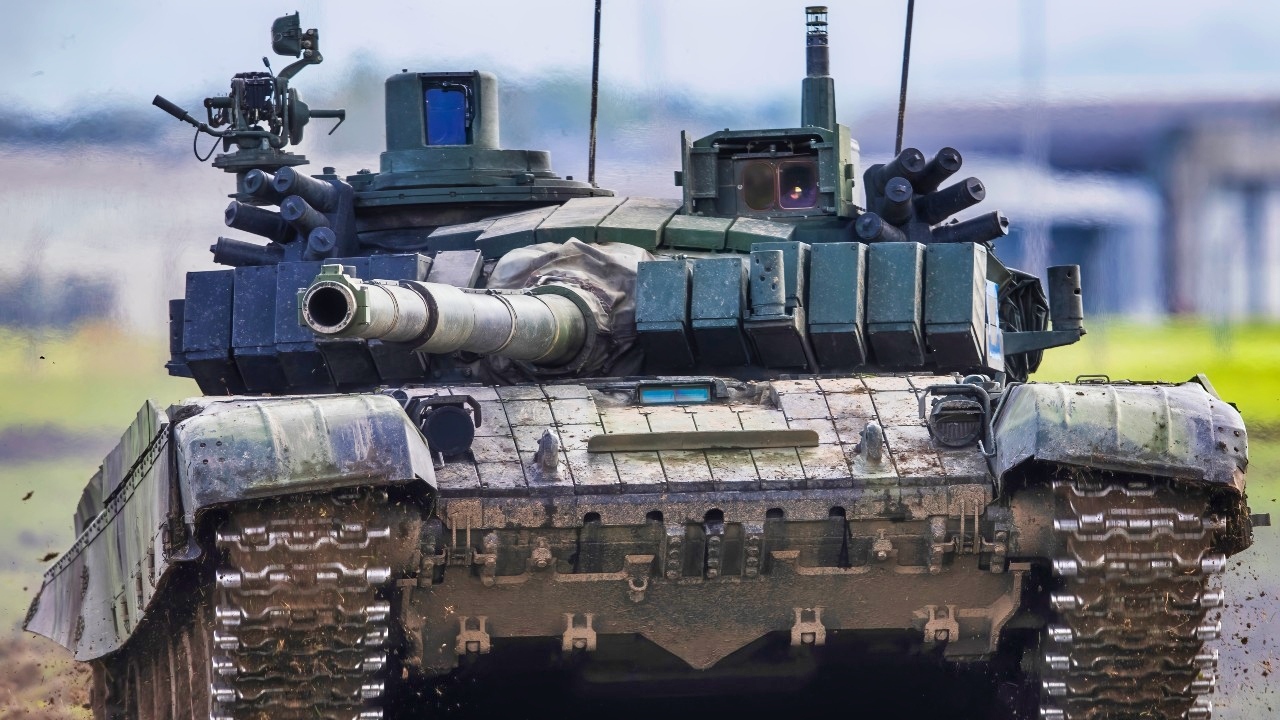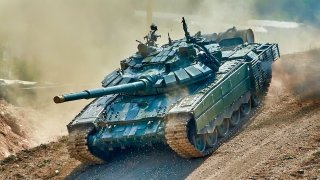Putin’s Silence on Kursk Offensive Might Be a Giant Mistake
It has been over a month since Ukraine began its offensive into the Kursk region in southwestern Russia. Russia’s media apparatus has continually downplayed the significance of the incursion and President Vladimir Putin has only publicly discussed it a few times. Putin’s relative silence on the issue suggests a lack of critical leadership qualities.
It has been over a month since Ukraine began its offensive into the Kursk region in southwestern Russia. Russia’s media apparatus has continually downplayed the significance of the incursion and President Vladimir Putin has only publicly discussed it a few times. Putin’s relative silence on the issue suggests a lack of critical leadership qualities.
Putin’s failure to engage in trustworthy and transparent public communication is hardly surprising given his record of minimizing his public role in crises to skirt responsibility for failures and shift blame onto others. This time, however, Putin’s lack of response has led to criticism from supporters, suggesting cracks in his approach.
Throughout his presidency, Putin has repeatedly failed to project leadership qualities in times of crisis, particularly in recent years. One example is the 2004 siege of a school in Beslan by Chechen rebels. Survivors decried the mishandling of the hostage crisis and heaped criticism on Russian leaders including Putin, who sought to shift blame to regional leaders.
Another example is the COVID-19 pandemic, during which Putin ceded much of the responsibility for decision-making to regional governors, demonstrating anew his failure as a crisis manager. In response to Yevgeny Prigozhin’s rebellion in June 2023, Putin did not make a public comment for over two days.
This paralysis at the top left local security officials to decide how to respond to the greatest challenge to Putin’s authority in twenty-three years without any clear orders from Moscow. Again, the Russian media downplayed the event.
Loose Lips Sink Ships?
Putin has been similarly mum about Ukraine’s Kursk offensive. For starters, Putin waited a week before issuing his first public comments about the Ukrainian offense during a brief televised meeting with military personnel and governors. Putin appeared uneasy in the meeting and cut remarks from Kursk’s then-acting regional governor when he began discussing territory seized by Ukraine.
Two weeks after the start of the offensive, as Ukrainian troops continued to advance, Putin went on a two-day trip to Azerbaijan to discuss improving trade ties without mentioning the Kursk offensive. Putin’s silence prompted Apti Alaudinov, commander of the Chechen Akhmat special forces, to become a primary surrogate voice on the topic, a move Putin likely tolerated as a means of distancing himself.
Putin’s primary strategy has been to downplay the severity of the incursion, referring to it as a provocation. Russian officials and Russian media have followed Putin’s lead, making multiple assertions over the past month that the offensive had been halted despite evidence to the contrary. While Putin’s approach is likely aimed at distancing himself from the battlefield realities and reducing public concerns about the incursion, there are clear signs of cracks in this approach.
One example is the criticism that has come from Russian military bloggers, who have been critical at various points of Russia’s conduct of the war. Since the beginning of the Kursk offensive, military bloggers have criticized the Russian military’s failure to halt Ukrainian advances. In direct contrast to reports from the Defense Ministry, Russian military bloggers have also provided a more accurate accounting of continued Ukrainian advances, publicly rejecting the government’s accounting as lies.
Another example is criticism that has come from Russian officials and propagandists. In late August on a state television show, Andrei Fedorov, a former deputy foreign minister of Russia, openly criticized Russia’s handling of Ukraine’s incursion as shameful and suggested that promoting lies about the incursion and Ukraine’s capability is to Russia’s detriment.
What Say the Russian Populous?
Russian propagandists who have supported the Kremlin’s messaging about the war also have acknowledged the gravity of Ukraine’s offensive, suggesting the Russian government should be more truthful about the situation to avoid creating the false impression that hostilities will end shortly.
Putin’s diminishment of the crisis is counter to the experience of those directly impacted by the operation and has drawn further public criticism. This has complicated Putin’s efforts to reduce the impacts of the war on the Russian population to maintain complacency.

One resident of Kharkiv described how members of her pro-Putin family who live in the Kursk region changed their minds about the war after being forced to flee their homes. Other citizens have described being abandoned and left to fend for themselves in the face of Ukrainian advances. This comes months after a June poll showed that 58 percent of Russians favored peace talks.
While it seems unlikely the offensive will lead to a collapse of Putin’s regime, the mounting public criticism highlights the increasing challenges for Putin in his war against Ukraine and his leadership approach.
About the Author:
Ryan Bauer is a senior defense analyst at RAND, a nonprofit, nonpartisan research institution.
Image Credit: Creative Commons and/or Shutterstock.


